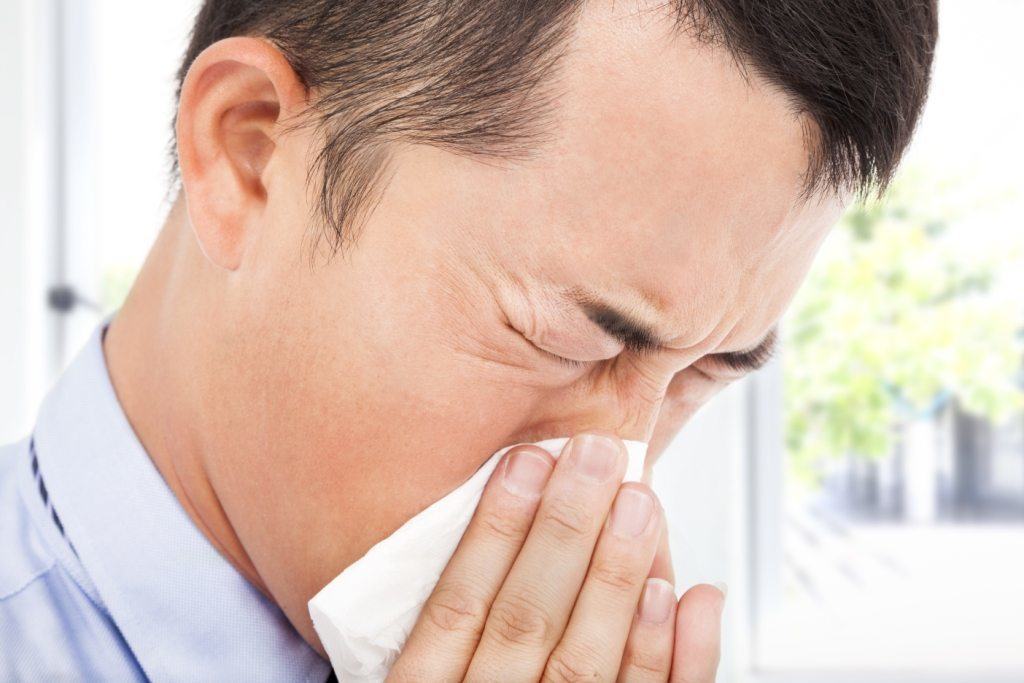Contents:
- Medical Video: Rheumatoid Arthritis | Nucleus Health
- Overview of rheumatism
- Relationship between flu and rheumatism
- Various ways to prevent flu for people who have arthritis
- Washing hands
- Take care of your diet
- Regular exercise
- Doctor consultation
Medical Video: Rheumatoid Arthritis | Nucleus Health
If you have arthritis or arthritis, it means that your immune system has a problem. Although the symptoms can disappear and reappear, the disease continues to develop and gets worse, it can't even disappear.
Rheumatism is not only characterized by pain, swelling, or stiffness. It turns out that people with rheumatism have a high risk of infection, one of which is flu. How can the flu be related to the severity of rheumatism? Check out the answer here.
Overview of rheumatism
Rheumatism or rheumatoid arthritis is a disease autoimmune the most common in the community. This disease can be described as an immune system that is too active but misdirected, which is against your own body, not foreign substances from outside your body that might threaten health.
Rheumatism attacks synovial tissue (the lining that surrounds the joint) and connective tissue. In addition, this disease can also affect the lungs, heart, kidneys, and eyes.
Here are some signs and symptoms of rheumatic disease:
- Pain in several joints
- Rigidity in several joints
- Joint swelling
- The same symptoms on both sides of the body (in both hands or both knees)
- Weight loss
- Fever
- Weak and tired
Relationship between flu and rheumatism
Rheumatic sufferers are twice as risky as infection flu and pneumonia compared to people in general. Because rheumatism is associated with disruption of the immune system, it is also associated with a decrease in the number of white blood cells, especially if the patient is taking immunosuppressive drugs for his rheumatism.
This means that your body has weaker protection against infectious diseases, from flu to more serious infections such as tuberculosis (TB).
When people who have rheumatism get the flu, the immune system cannot work properly and is against your own body. Your immune system starts producing antibodies that will attack and damage healthy cells in your body. The more severe the flu happens, the higher the autoimmune activity in your body and the worse rheumatic symptoms like joint pain.
Various ways to prevent flu for people who have arthritis
If you already have the flu, the most effective treatment is adequate rest. However, you can do these four easy ways in an effort not to catch the flu.
Washing hands
This is useful to avoid the transfer of germs from the hand to your nose, mouth, or eyes. According to a study published in Clinical Infectious Diseasewashing hands with soap can eliminate influenza virus. Always wash your hands before you prepare food, after going to the toilet, coughing, or sneezing.
Take care of your diet
Choose foods that contain protein such as fish, chicken, and red meat. Also add anti-inflammatory ingredients such as garlic, ginger and turmeric to protect and strengthen your immune system.
Discuss with your doctor whether you need to take certain vitamin supplements to improve immunity, especially in the flu season.
Regular exercise
Experiencing joint pain can indeed complicate your physical activity. However, exercise is important to prevent flu, fever and other infections. In fact, a 20-30 minute walk every day can increase immunity to rheumatoid-infected cells.
Doctor consultation
If you begin to experience symptoms of fever or chills, it's a sign that an infection is happening in the body. You should monitor the signs of infection on your body regularly with a follow-up consultation with your doctor.













